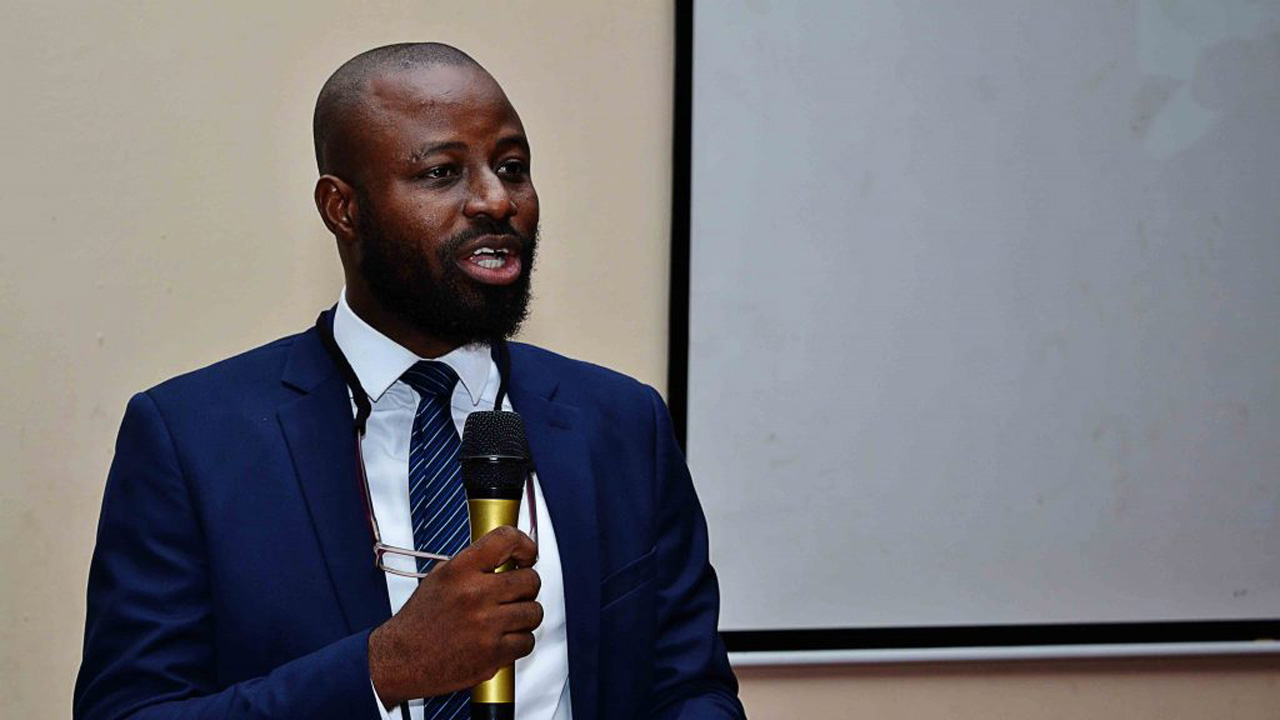
Socio-Economic Rights and Accountability Project (SERAP) has expressed concern over growing restrictions and clampdown on free speech in Nigeria.
The group noted that the restrictions are vestiges of military rule that ought to have been buried on May 29, 1999. Speaking at a conference themed, ‘Policy Dialogue on Promoting Media Freedom in Nigeria’, Deputy Director, SERAP, Kolawole Oluwadare, said: “While corruption, the bane of Nigeria’s development, is flourishing with impunity and appears to be winning, the government is pre-occupied with chasing the shadows of ‘dissenting’ speech.
“As chronicled on our Report, “Between January and September 2019, Amnesty International reported that at least 19 journalists and media practitioners suffered attacks, including arrests, detention, assaults, threats, and seizure of equipment.”
In a report carried out by the group, titled, ‘Something to Hide? Media Freedom Under Siege in Nigeria’, published in March 2021, it was noted that there has been a wave of harassments on the media, CSOs and activists by way of legislations and several bills that aimed at curtailing the rights to free speech, association, including internet freedom.
Some of them include the Non-Governmental Organisation Regulatory Commission of Nigeria (Establishment) Bill, 2016 (NGO Bill), Protection from Internet Falsehood and Manipulation Bill 2019 (Social Media Bill) and National Commission for the Prohibition of Hate Speeches Bill 2019 (Hate Speech Bill).
He stated that the recent move by the government to push through two repressive bills to amend the National Broadcasting Act and to amend the Nigeria Press Council Act are emerging symptoms of a totalitarian state. The bills, reportedly sponsored by Chairman, House Committee on Information, Mr. Segun Odebunmi (PDP, Oyo State), allows the National Broadcasting Commission to shut down TV and radio stations “in the public interest” and the press code must be approved by the Minister of Information.
“The Chairman of the Council is appointed by the President on the recommendation of the Minister of Information. Also membership of the Council is heavily tilted in favour of government appointees, 5 out of 9. The appointments of all media practitioner members are subject to recommendation of the Minister of Information after election or nomination by their associations or “bodies concern”.



